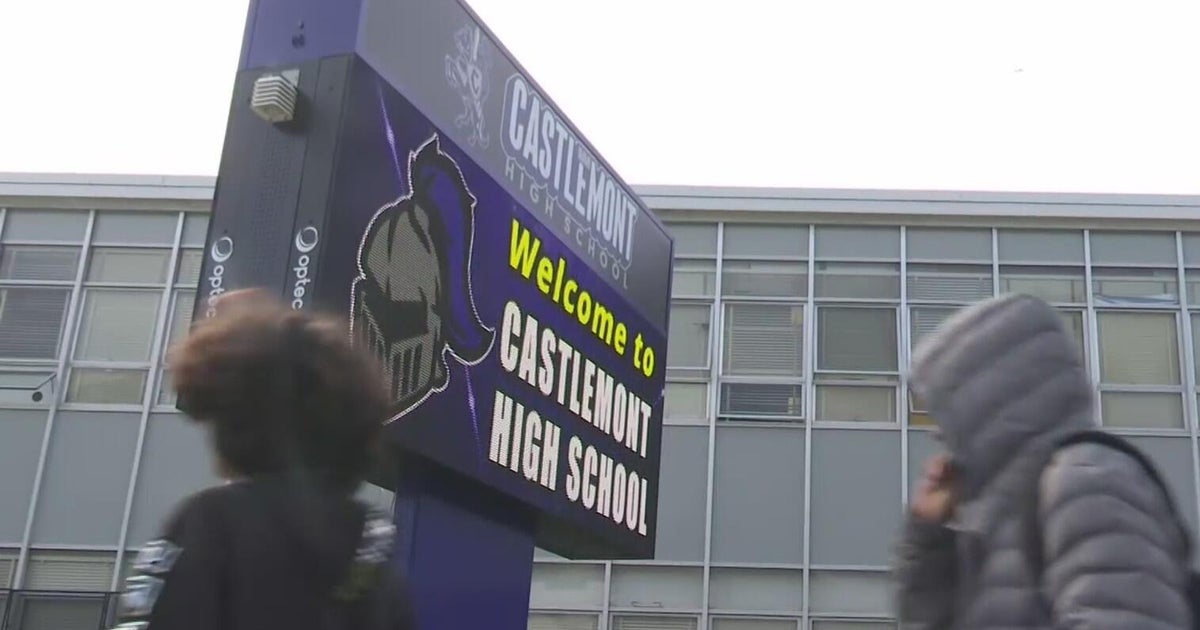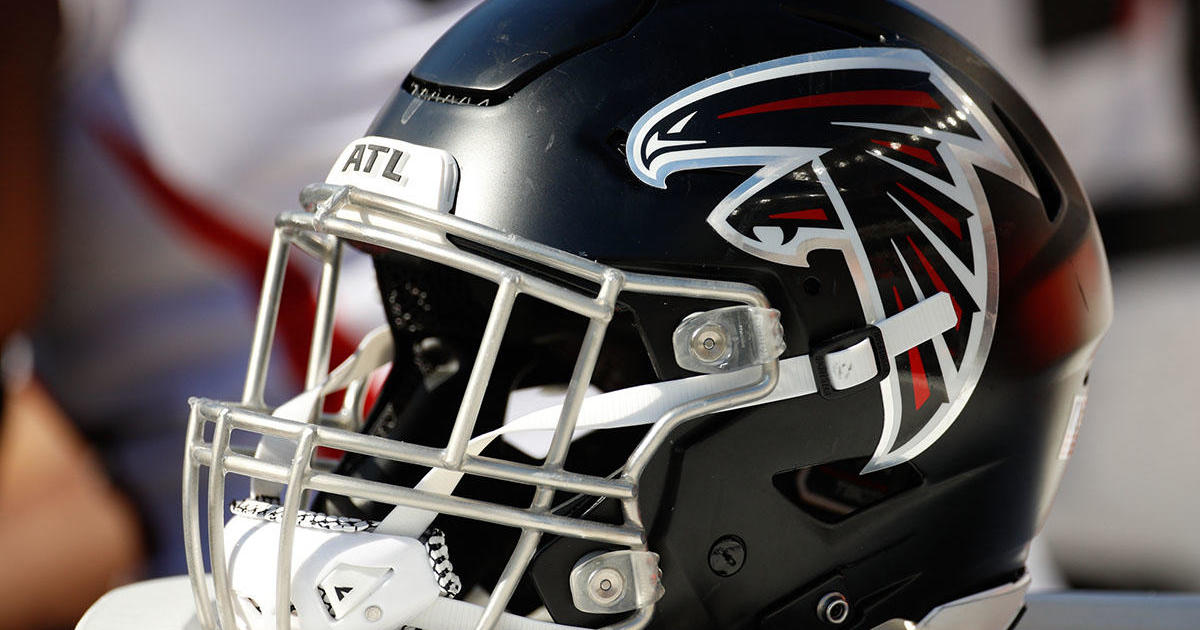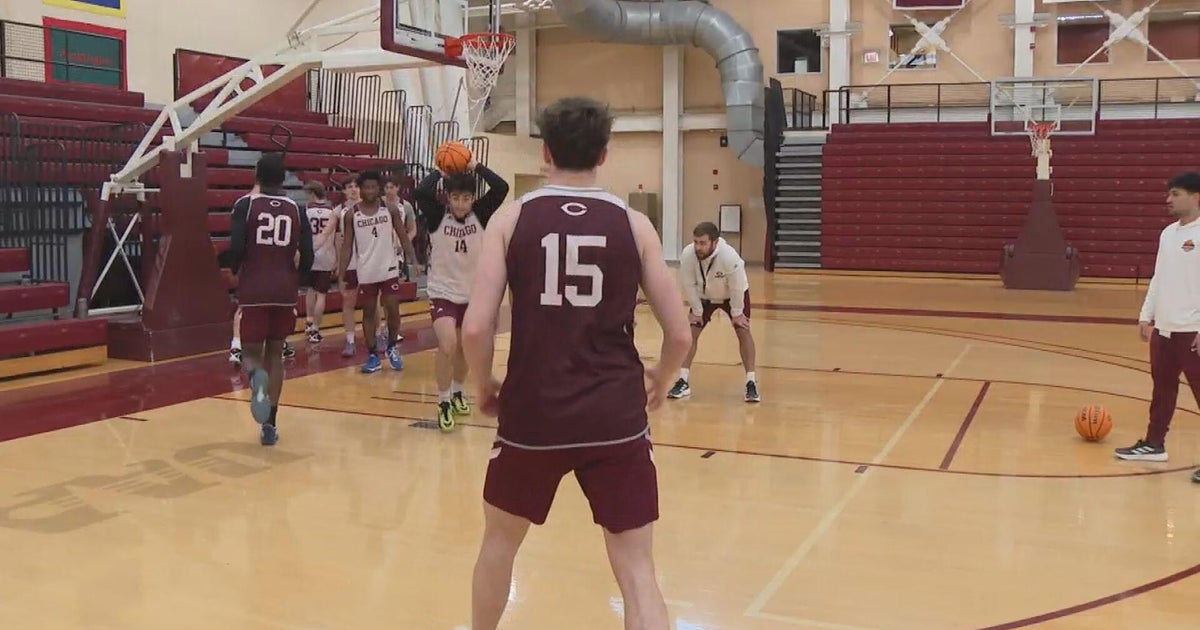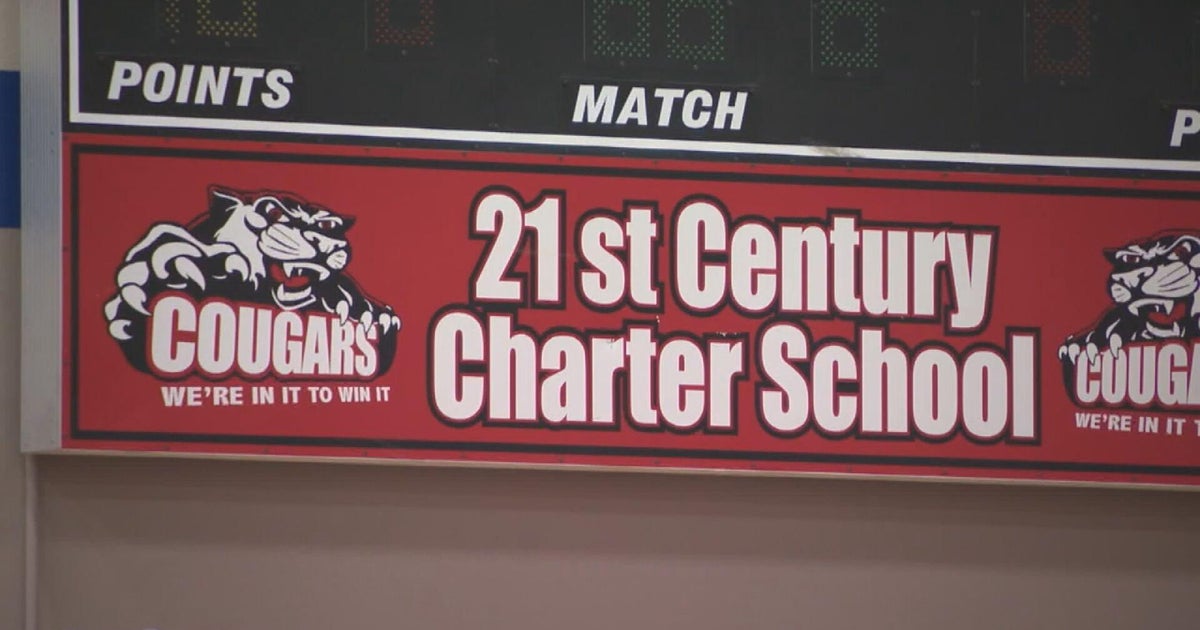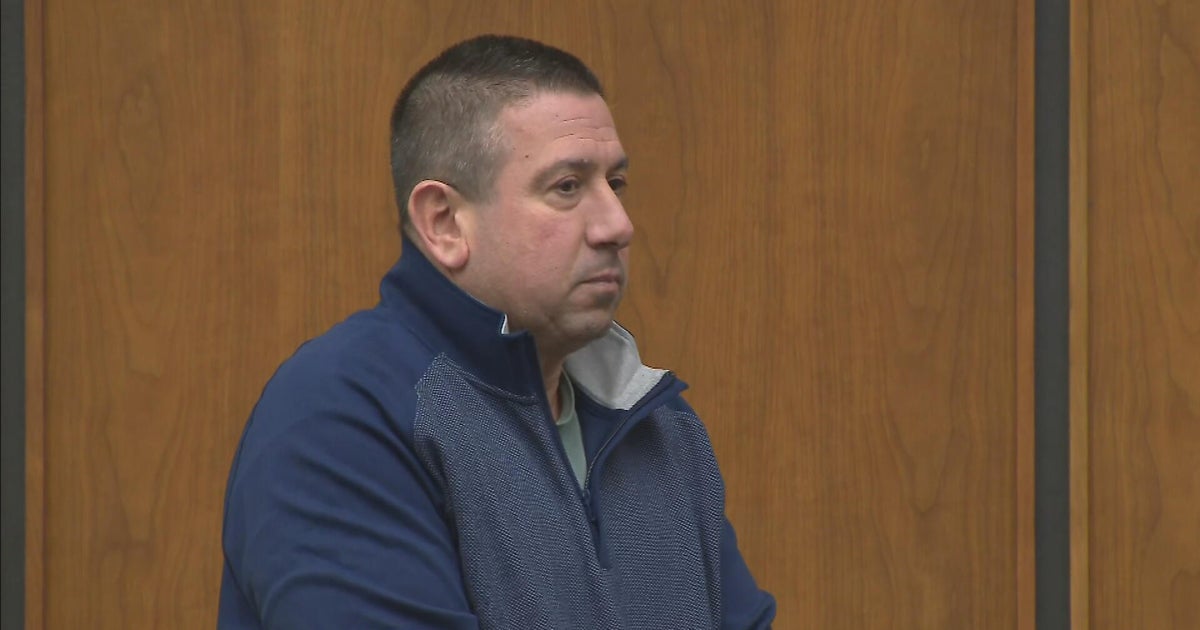Lichtenstein: NLRB Allowing Student-Teachers To Unionize, But Not Student-Athletes, Is Hypocrisy 101
By Steve Lichtenstein
» More Columns
While perusing the newspaper on Wednesday, I was somewhat bemused by a small article reporting on a National Labor Relations Board decision which would allow graduate student teachers and research assistants at private universities to unionize as employees.
What a coincidence, considering the millions of folks at college campuses around the country who are currently gearing up to watch the most indentured of servants among the student body --college football players -- commence a new season.
These athletes have been at the mercy of the NCAA forever. They toil without pay, never mind the right to bargain for better working conditions.
Let's not forget that the term "student-athlete" is made-up. The NCAA coined it some 60 years ago to avoid obligations such as workmen's compensation that legally attach to any employee.
Somehow, our government has continually backed this ruse, no matter how many logical threats this corrupt association has faced in our courts over the years.
I don't have enough insight as to the graduate student teacher issue to make an informed judgment, but I can tell you this: If they are indeed employees, then so are Division I college athletes.
Whether you play football at LSU or tennis at Elon University, your day is scripted by the athletic department.
Games, practices, workouts ... they all trump academic pursuits, never mind other collegiate experiences.
According to testimony at Northwestern University's union recognition petition, which, of course, was rejected by the same NLRB a year ago, players dedicated 40-50 hours per week to football.
MORE: National Labor Relations Board Dismisses Ruling To Allow College Athletes To Unionize
As a repeat of anecdotal evidence I provided in a previous post, a college friend who played football at Ohio State transferred to SUNY-Binghamton because the Buckeyes coaching staff at the time didn't appreciate his course selection when his classes conflicted with team activities.
On the other side of the athlete population, many students are ably abetted by the "adults" in various ways departments evade the schools' education mission.
Their sole goal is to stay eligible for competition. Sometimes by any means necessary. If that involves taking bogus no-work classes or even committing academic fraud, help is often available from enablers within the universities.
It makes the whole "Well, they get paid in scholarship dollars" arguments a farce. Many who receive college degrees find them worthless when they enter the real world.
Unfortunately, athletes go uncompensated for their true value -- the entertainment product they provide while performing for their college programs.
TV deals are booming exponentially, with new networks created just to broadcast college sports. Ever more glitzy stadiums get built to increase ticket and sponsorship revenue. And universities that excel in the showcase events of college football and men's basketball usually see a windfall of alumni donations.
All tax exempt, I might add. James Dolan is so jealous he wishes he had started his own university. With just one major -- Inheritance Applications.
With all this cash flowing to colleges, the players -- the ones who put on the shows -- see, what?
Some extra snack money?
Effective Aug. 1, Division I schools are allowed, but not required, to cover the full cost of attendance, which is supposed to include unlimited meals.
That's peanuts compared to what they could command if they could collectively bargain.
Again, our justice system has ignored precedent after precedent when it comes to the NCAA's blatant disregard for antitrust law.
At last year's ruling, the Board claimed the impact of athlete unionization would not have promoted "stability in labor relations."
They might as well have ended the ruling with "Roll Tide."
By the way, the money is there for the athletes.
Nonprofits like colleges (and governments) just have never heard of the word "savings."
Any monies allocated to athletic departments will be spent, whether it's outlandish compensation to coaches, new facilities and equipment, or just plain wasted.
According to the National Center of Education Statistics, the total market value of endowments at our nation's colleges and universities (though some obviously do not participate in Division I athletics) was about $467 billion at the close of 2013.
For those like me getting gouged by rising tuition bills for their kids, it should make you laugh (or scream in anger) every time these institutions cry poverty.
The University of Texas, which had over $24 billion sitting in its endowment coffers per its most recent audited financial statements and whose athletic department produced $183.5 million in revenue in its last fiscal year, felt it needed to raise tuition 3 percent this Fall.
So please don't tell me that the athletes, who are professional in every sense of the word, can't be paid and shouldn't have the right to form a union.
The graduate student teachers just had their day of reckoning. They could fill a whole semester's curriculum using the NCAA for a new course: Hypocrisy 101.
Follow Steve on Twitter at @SteveLichtenst1
